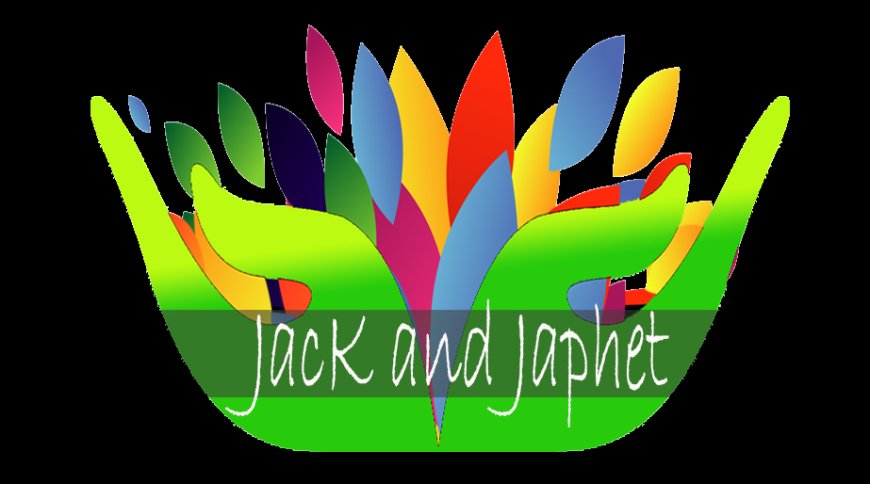4 real-world applications for the Solana blockchain in businesses

The business world is embracing decentralization to foster innovation across all sectors and alleviate bureaucratic bottlenecks. Without centralized systems, companies can quickly adopt new ideas and develop products, whereas the use of cryptocurrency can ensure faster and more affordable payments.
With Bitcoin leading the change in the world of companies, other projects, such as Ethereum, provide the technical tools for decentralized applications and organizations. However, alternatives like Solana are more suited for enterprise innovation due to involvement in specialized solutions. Besides permissionless payments with protocols exchanging Solana to USD and loyalty programs on-chain, the network has numerous use cases for worldwide companies worth exploring. Let’s analyze some of them.
Examples of Companies Leveraging Solana Features
Solana has been an Ethereum competitor since its inception, but it is now gaining traction among companies, attracting collaborations. For example, Asics has collaborated with Solana on a new collection of shoes that came with an NFT, which owners could leverage in a decentralized game.
Solana is a significant player in the cryptocurrency industry, but its prices can fluctuate depending on market conditions. Google Cloud has also collaborated with Solana by operating a validator node to safeguard the network. Future additions include integrating Solana data into biqQuery, allowing users to access historical data. Finally, Shopify is now allowing payments with the Solana Pay app, which enables stablecoin payments for businesses.
Therefore, Solana is already becoming a trustworthy source for companies. Whether it’s improving payments or establishing new ways for users to access decentralized services, it has the potential to change the business world forever. Here are its use cases in detail.
Solana can Optimize Business Finances
Solana’s features can be used to improve business finances. It comes with cost-efficient transaction fees, suitable for high-volume transfers and micropayments. Transaction speeds can support about 65,000 transactions per second, which is ideal for cross-border payments. Therefore, Solana’s scalability is difficult to overthrow, especially since the network relies on two consensus mechanisms, Proof-of-History and Proof-of-Stake.
Integrating Solana in a company for finances can be efficient for:
- Cross-border payments at minimal costs;
- Payroll and remittances with limited conversion fees;
- E-commerce payments integrated with online merchants;
- DeFi lending and borrowing for collateral loans or earned interest;
- Asset tokenization that enables fractional ownership;
Solana can Streamline Supply Chains
Supply chains are the backbone of society, and they’re heavily challenged by bottlenecks at a global level. With decentralization, these issues can be left behind, as Solana ensures real-time updates and tamper-proof records of goods, allowing anyone to verify their authenticity. This helps reduce losses due to fraud and optimize inventory models efficiently.
Solana can also help with improving supplier and vendor relationships. Its transparent and immutable records can eliminate disputes over deliveries and payments, reducing errors and misunderstandings overall. However, most importantly, Solana ensures sustainability and accountability by tracking its energy consumption and aiming to reduce it as a consequence of the impact blockchain can have on the environment.
Increased visibility across the supply chain is crucial when handling a growing industry, so real-time data access and enhanced security with encryption are essential, which is possible with Solana.
Solana Supports Seamless Transactions
Seamless transactions are challenging to achieve, even with our modern technology, due to the fees associated with traditional payment systems. By utilizing the Solana network, companies can leverage a revenue model based on microtransactions, which are particularly efficient for in-app purchases, as they reduce customer friction and enhance content subscriptions.
Therefore, customers will only pay for what they consume and benefit from highly accurate billing models when reaching for cloud services or enterprise software products. Moreover, Solana supports a variety of wallets, allowing customers to benefit from personalized features.
Solana’s wallet functions cover a range of purposes, including open-source and staking, as well as holding NFTs and managing a private key infrastructure. This makes onboarding more efficient and faster, preparing companies for the upcoming adoption of Web3.
Solana Ensures Secure Data Management
Security is crucial in industries such as healthcare, identity verification, and governmental services, but it’s often not given the importance it deserves. With so many attacks targeting data, institutions could rely on Solana’s features to manage it, including tamper-proof and transparent voting systems.
Moreover, Solana has a unique method of embedding data, which differs from the traditional approach of using smart contracts, as most blockchains do. Solana relies on separate accounts to hold data. This technique not only strengthens scalability by reducing the overhead on individual programs but also emphasizes security.
The account-based data separation supports a modular architecture, allowing multiple programs to interact with more data accounts, offering high-end flexibility across companies.
What to Consider Before Implementation
Solana is not that complex to approach if your company has the right developers, but you may need some time to weigh its implementation based on a few aspects. For example, while Solana aims to strike a balance between stability and innovation, its networks may still experience outages. Therefore, it is essential to be prepared for potential disruptions in the event that the network is down.
Additionally, you need to build expertise by creating a specialized team of experts knowledgeable in both blockchain and traditional software development. The dedicated team should possess the skills to manage the nuances of navigating blockchain features, especially those of Solana, and integrate them into the business structure as smoothly as possible.
There might be instances in which blockchain is not the best solution, however. That’s why you must choose the right use case that can outweigh the investment in expertise. At the same time, consider Solana’s network maturity, as the availability of critical development tools and libraries might change with the blockchain’s evolution.
Final considerations
Solana is one of the most innovative blockchain solutions in the industry, and businesses are adopting its technology to stay ahead of the competition. It offers the advantages of enhanced data management, security, and seamless transactions, making it the perfect tool for early adoption of Web3.
The post 4 real-world applications for the Solana blockchain in businesses appeared first on Entrepreneurship Life.





